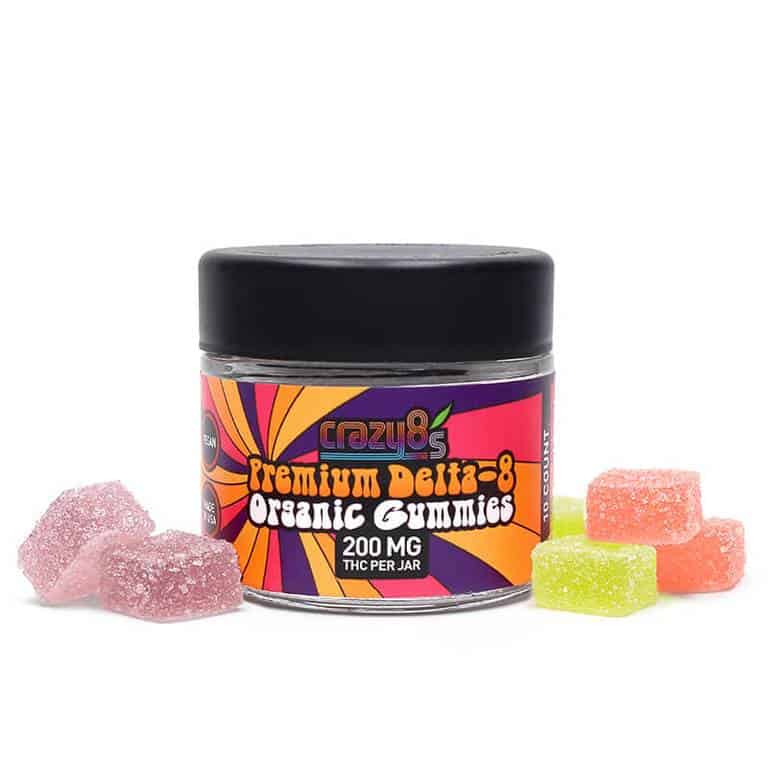
Is Recreational Weed Legal in Colorado
- Understanding Recreational Weed Legalization in Colorado
- Key Dates and Milestones
- Comparison with Medical Marijuana Laws
- Purchasing Recreational Weed
- Possession and Use of Recreational Weed
- Cultivating Recreational Weed
- Public vs Private Use and Legal Implications
- Employment and Legal Consequences
- Impact on Tourism and Local Economy
- Future Trends and Developments
- Conclusion
In this comprehensive guide, we will provide a detailed examination of the current status of recreational weed in Colorado. Our goal is to offer a comprehensive overview of the laws, regulations, and practical aspects related to recreational marijuana use, possession, purchase, cultivation, and its impact on various aspects of the state. By the end of this article, you will have a thorough understanding of the nuances of recreational weed legalization in Colorado.
This post is intended as information and for general knowledge only. It is not a substitute for medical advice, diagnosis, or treatment. It is recommended that you talk to a healthcare professional about this before introducing cannabinoids into your daily routine (especially if you have been diagnosed with any medical conditions or are under any medication). It is not recommended to drive or operate any machinery when using cannabis- or hemp-derived products. Use responsibly!
Understanding Recreational Weed Legalization in Colorado
The journey of marijuana legalization in Colorado has been a groundbreaking one. Amendment 64, passed in 2012, marked a historic moment as it led to the legalization of recreational marijuana for adults over the age of 21. This constitutional amendment allowed adults to possess and use limited amounts of marijuana for recreational purposes. This monumental decision was a result of the tireless efforts of organizations like the Marijuana Policy Project and the changing attitudes of Colorado voters.
Key Dates and Milestones
Following the approval of Amendment 64, the state embarked on a series of key milestones in the process of implementing recreational marijuana legalization. Colorado quickly became a trailblazer in the realm of legalized marijuana, with licensed retail marijuana businesses opening their doors in 2014. This step marked the transformation of the cannabis landscape, allowing adults to purchase a variety of marijuana products, from marijuana concentrate to edible marijuana, from authorized dispensaries.
Comparison with Medical Marijuana Laws
It’s important to distinguish between medical marijuana and recreational marijuana in Colorado. The state’s medical marijuana program predates the recreational use laws, having been legalized in the year 2000. Medical marijuana patients with a valid medical marijuana card have different rights and allowances compared to recreational users. They can possess larger quantities of marijuana, cultivate more plants, and purchase medical-grade marijuana products from dispensaries.
Purchasing Recreational Weed
Colorado has established stringent regulations for the purchase of recreational marijuana to ensure public safety and responsible consumption. Only individuals aged 21 and above can enter licensed dispensaries and purchase marijuana products. Valid identification, such as a state-issued ID or driver’s license, is required to verify age and residency. The taxation and fees associated with these purchases contribute significantly to the state’s revenue and public health programs.
Possession and Use of Recreational Weed
Colorado law dictates possession limits for recreational marijuana, allowing individuals to possess up to a specific amount for personal use. These limits are in place to prevent excessive possession and potential misuse. While private consumption of marijuana is permitted, public consumption is subject to strict regulations. The state places an emphasis on public health and safety, discouraging the use of marijuana in public spaces.
Cultivating Recreational Weed

Home cultivation of marijuana is another aspect regulated by Colorado law. Adults are allowed to cultivate a limited number of marijuana plants for personal use. This provision aims to provide individuals with an alternative to purchasing marijuana from retail dispensaries. However, regulations outline the maximum number of plants allowed and require adherence to cultivation guidelines to prevent abuse and promote responsible use.
Public vs Private Use and Legal Implications
Understanding where marijuana can be legally consumed is crucial to avoiding legal consequences. While private residences provide more flexibility for marijuana use, consuming it in public spaces is subject to penalties. These regulations are in place to protect public health and ensure that the non-smoking public is not exposed to secondhand marijuana smoke.
Employment and Legal Consequences
Recreational marijuana use can have implications in the workplace. Employers have the right to establish workplace policies regarding marijuana use and impairment. While employees have rights, such as medical marijuana patients’ protections, employers also have the authority to take action if drug policies are violated. This delicate balance between individual rights and workplace regulations is a dynamic aspect of marijuana legalization in the state.
Impact on Tourism and Local Economy
Colorado’s pioneering stance on legalized marijuana has also influenced its tourism and economy. The state has witnessed the rise of marijuana tourism, attracting visitors from all over the United States, including places like New York and Washington State, where recreational weed remains illegal. This influx of visitors has bolstered local businesses, including dispensaries, hotels, and restaurants. However, this surge in tourism has raised concerns about over-tourism and responsible consumption.
Future Trends and Developments
As Colorado’s marijuana policy continues to evolve, it’s worth considering potential legislative changes. The Colorado Legislature regularly reviews and adjusts the regulations based on public health, safety, and social impacts. Public opinion and shifts in attitudes towards marijuana also play a role in shaping future laws. Comparative analysis with other states that have legalized recreational marijuana, such as California and Oregon, offers insights into potential directions for Colorado’s legislation.
Conclusion
Navigating the legal landscape of recreational weed in Colorado requires a comprehensive understanding of its various facets. This guide has provided in-depth insights into the intricate regulations governing its use, purchase, possession, and cultivation. By immersing yourself in the details presented here, you are better equipped to make informed decisions and contribute to responsible and compliant recreational marijuana use in the state. Whether you’re a Colorado resident or a visitor, being well-informed aboutthe marijuana laws is essential for both personal enjoyment and public safety.














